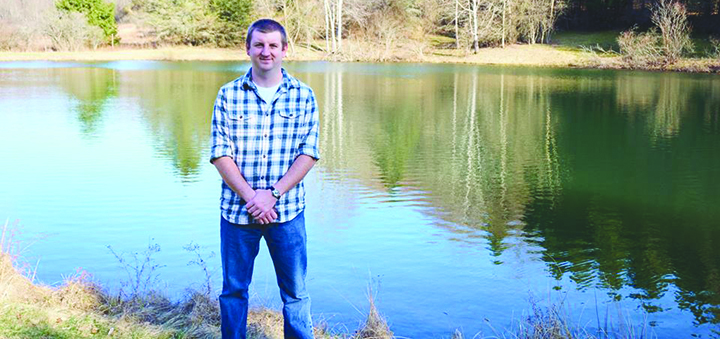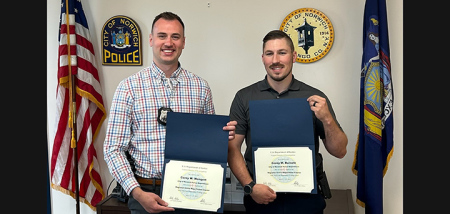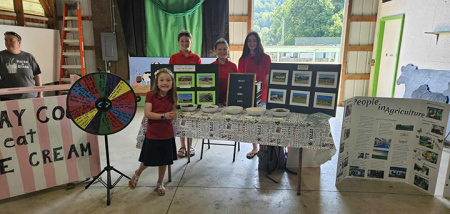Outdoor Chenango: Hunting Peeks Interest Of Locavores
Published:
November 22nd, 2023
By:
Eric Davis

It has been well documented that the number of hunters is on the decline nationwide. There have been many attempts to fight this by trying to find new hunters to offset the loss of older hunters.
The issue always seems to be, how can you find people who do not hunt? Most people want to take youth hunters out, but oftentimes the youth hunter has a hunter in their family. So, it was likely that they would have been introduced to hunting by that family member. In some places, they have found that locavores are some of the best people to try to introduce to hunting.
The loose definition of a locavore is someone whose diet is mainly made up of foods that are locally grown or produced. The locavore movement has been widespread in the United States as more people want to know exactly where their food is coming from before they eat it. Generally, locavores come from urban areas and want to provide organic and ethically harvested foods to their families and friends.
Why are locavores a group that seems to be a group that can be recruited into trying to hunt? The answer is simple, food. Everyone needs to eat to stay alive. It can be difficult to explain to someone the desire to hunt when using a taxidermy mount as the end product of a hunt compared to a plate of delicious-looking food.
It is easy as a hunter to talk about rack size or the equipment used but to a skeptic, they want to see how intimate the hunt is with the food so talk about the flavor of the meat or your favorite recipe. When someone describes a restaurant to you, the decorations on the wall will never be as important as whether how good the food was when it comes to deciding if you want to go try it out. It is the same thing for hunting. If you can sell them on the food, they are more likely to want to try it out.
In order to try to find these potential future hunters, sometimes conservation groups must get creative. Sometimes a “recruiter” will go to a farmer’s market and offer free samples of wild game meat with only the label of organic meat or protein. Then once people have tried the samples and they start to ask questions about it, it is explained that the meat came from a wild animal that was hunted, processed, and prepared all by the person serving it. While it is not a guarantee that the person who takes the sample will go on to hunt, once the process is explained of the hunter going out into nature and working hard to be successful and being able to provide highly nutritious food for themselves.
Another common tactic is to hold wild game cooking demonstrations where people can try different wild game meats. Afterwards, they are taught about hunting and can be given the opportunity to take hunter education or participate in a mentored hunt. This allows them to have some help from experienced hunters that is crucial to retaining them as hunters particularly when they are unsuccessful and may want to give up.
Hunting can be an easy sell. Knowing that harvesting or two deer can fill the freezer and prevent them from relying on the grocery store to have meat can be a big deal. My sister’s roommate in college was from outside Boston. This summer the day before my sister’s baby shower, her roommate said something about deer hunting. When I told her that I haven’t bought beef in 4 or 5 years because I have enough venison from hunting, her attitude on hunting softened. So consider this when sitting around the Thanksgiving table tomorrow and see if anyone at dinner would want to learn to hunt.
Author: Eric Davis - More From This Author
Comments








